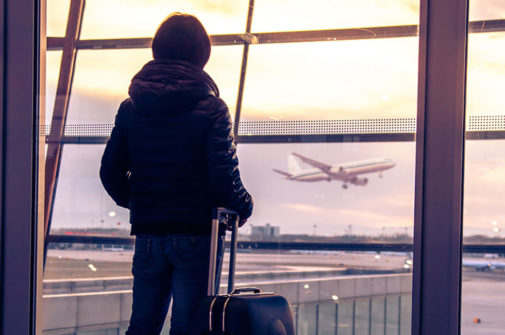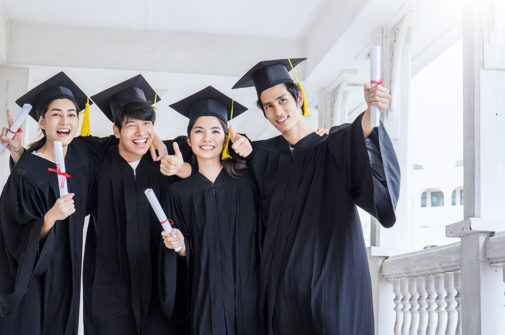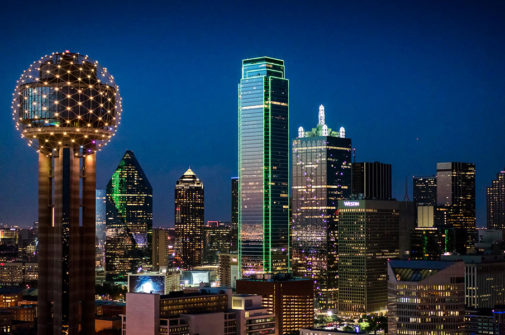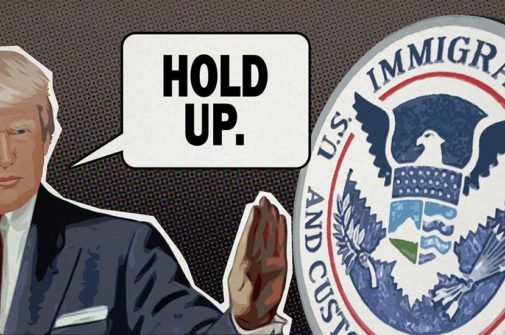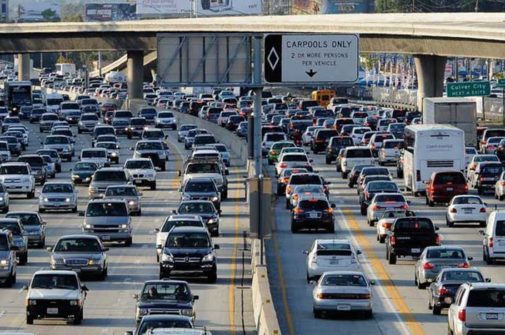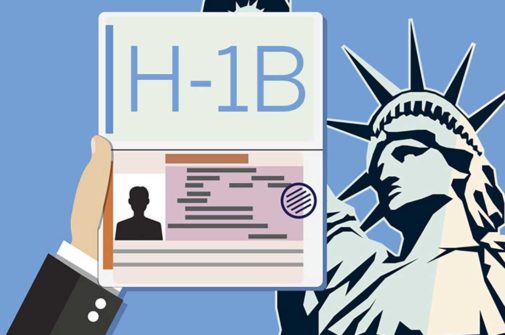If you are arrested…
If arrested, you should request the authorities to notify the U.S. Embassy in Hanoi or the U.S. Consulate General in Ho Chi Minh City. Consular officers cannot intervene in legal matters (when you are abroad, you must abide by the laws of that country). However, we can help protect your legitimate rights and ensure you are not mistreated. Consular officers can provide you with a list of lawyers, visit you, provide general information about local laws, and facilitate communication with your family and friends. Consular officers can arrange for money, food, and clothing sent from your family and friends to the prison. We will strive to reduce your stress if you are treated unfairly or if your health is not well.
What could happen and when it might occur
The first thing a U.S. citizen detained by the Vietnamese authorities must understand is that there is a significant difference between the legal system and legal concepts in Vietnam compared to those in the United States. The U.S. Embassy in Hanoi and the U.S. Consulate General in Ho Chi Minh City will do everything possible to ensure that U.S. citizens accused in Vietnam receive protection and rights according to Vietnamese law. However, we cannot guarantee any protection or how the case will proceed under U.S. law. Protecting individual rights is the most crucial requirement under U.S. law. In contrast, Vietnam’s criminal legal system still carries traditional legal concepts derived from Confucianism, viewing punishment for disrupting social order as a tool, and generally placing the “rights” of society above individual rights

U.S. citizens should not allow themselves to be subjected to violent interrogation or convicted without legal representation. Instead, you may be processed through legal procedures with careful consideration, and the Embassy and/or Consulate will monitor your legal status. U.S. citizens may find the legal procedures seemingly unfair from a U.S. legal system perspective, but in practice, these procedures generally align with Vietnamese law expectations. Below is a summary of potential scenarios for a U.S. citizen detained in Vietnam.
Officials from the Embassy or Consulate have the right to visit detained U.S. citizens and will help them understand their situation promptly. However, consular officials cannot investigate crimes, provide legal advice, act as legal representatives in court, serve as interpreters or translators, or pay for medical examinations, legal fees, or other costs for U.S. citizens.
Notification and Visitation
The 1994 agreement between Vietnam and the United States stipulates immediate notification of arrests and mutual visitation rights for detained citizens of each country within 96 hours. U.S. passport holders entering Vietnam with a Vietnamese visa, including those of Vietnamese origin, are recognized by the U.S. government as U.S. citizens for the purpose of notification and visitation. Therefore, U.S. citizens are advised to always carry a copy of their passport pages and passport data, as this can immediately prove U.S. citizenship if questioned by Vietnamese officials.
Despite the 1994 agreement, U.S. officials in Vietnam are rarely notified promptly when a U.S. citizen is arrested or detained. There is typically significant delay in granting U.S. officials permission to timely visit detained U.S. citizens as well. This is particularly true when a U.S. citizen is detained during the investigatory phase, where Vietnamese authorities may not consider the bilateral agreement applicable. The investigatory phase can last up to two years depending on the nature of the crime. U.S. citizens should be aware that obtaining visitation permission remains a contentious issue, especially when the Vietnamese government regards them as Vietnamese citizens, despite evidence of U.S. citizenship. According to the 1994 agreement, U.S. citizens, including dual nationals, have the right to meet with consular officials if they enter Vietnam with a U.S. passport, and they should contact the U.S. Embassy or Consulate.
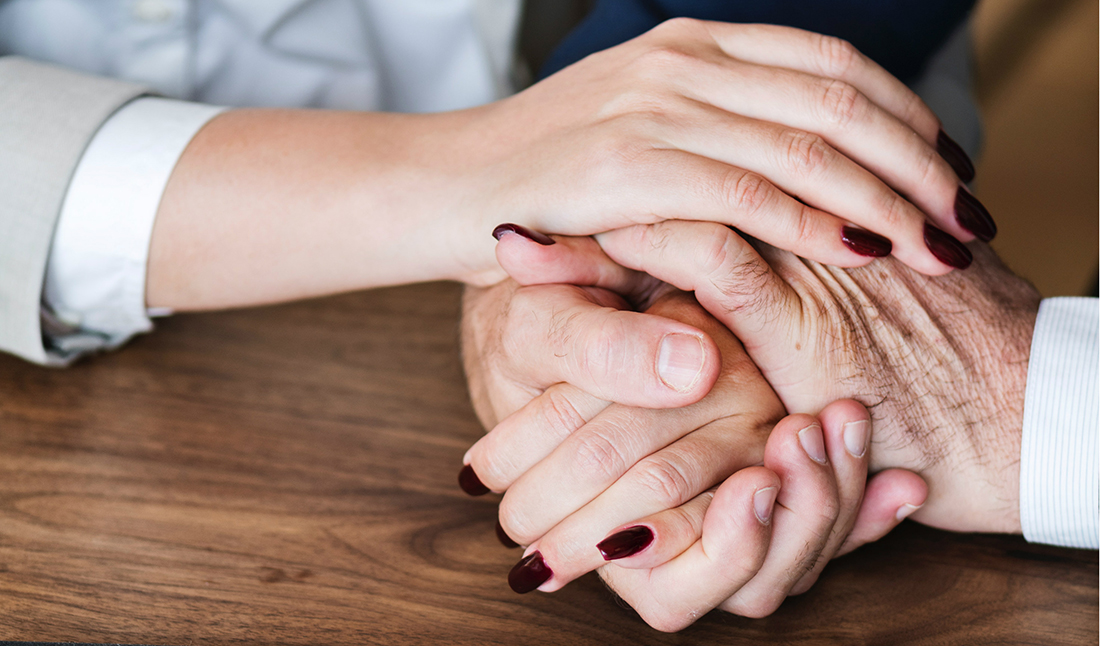
Related Parties
The legal system of Vietnam consists of three main components. The Investigative Police are responsible for investigating, arresting, and issuing arrest warrants in criminal cases. This department functions similar to police in the United States. The People’s Procuracy issues and approves arrest warrants, oversees initial investigations, and proposes public prosecutions. This department plays a role similar to prosecutors in the U.S. The third component is the People’s Court where cases of individuals arrested by the police and prosecuted by the People’s Procuracy are tried. The role of this component is also similar to the court system in the United States.
There is clear balance among these agencies compared to their U.S. counterparts, though there may be differences. The most crucial role in criminal cases is played by the Investigative Police. They can initially identify suspects and may detain them for a period extendable for questioning and investigation, but they typically do not formally arrest suspects until they reasonably believe they have gathered sufficient evidence for the People’s Procuracy to approve an arrest warrant and for the People’s Court to convict.
Theo Usembassy.gov








